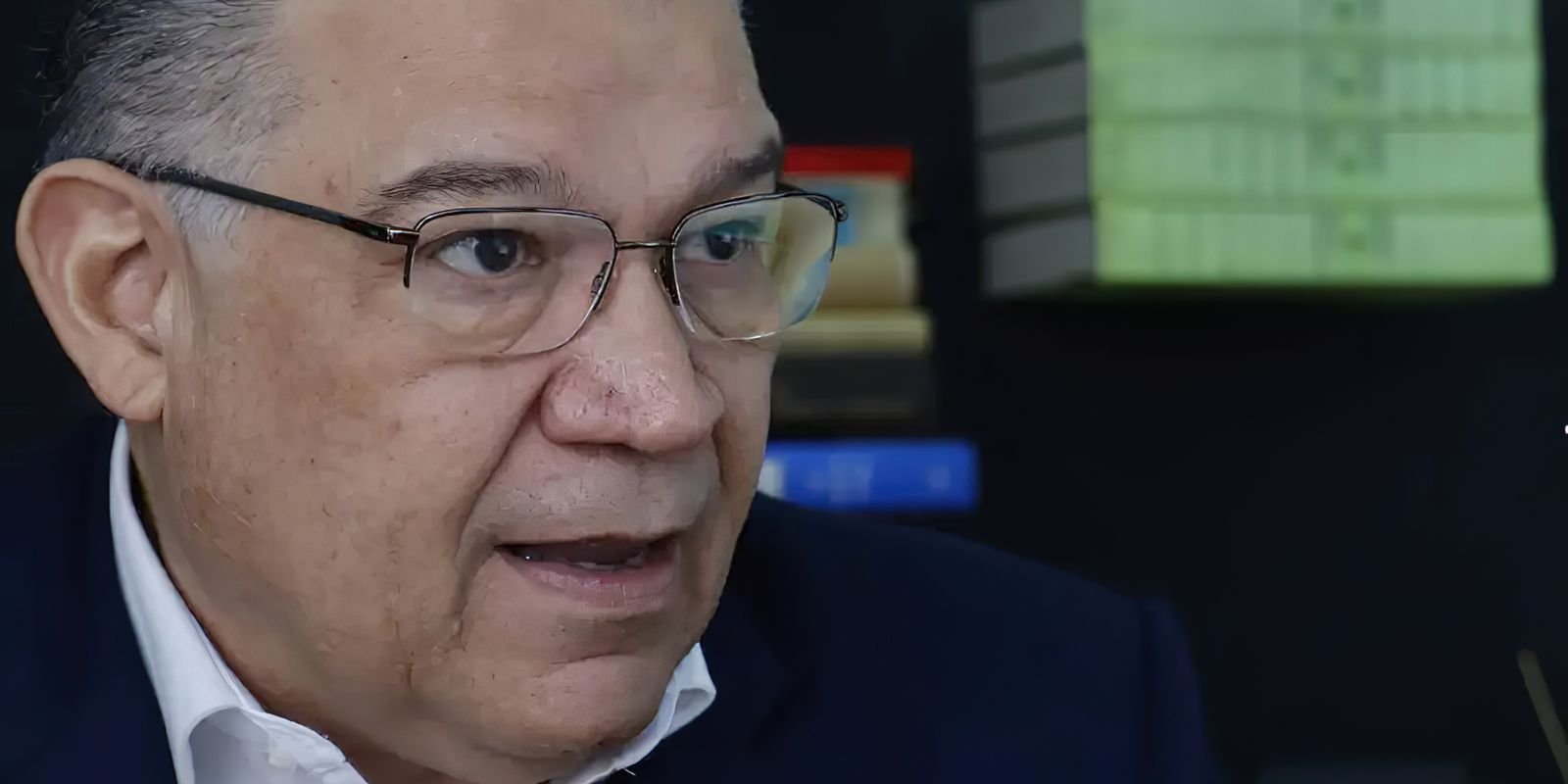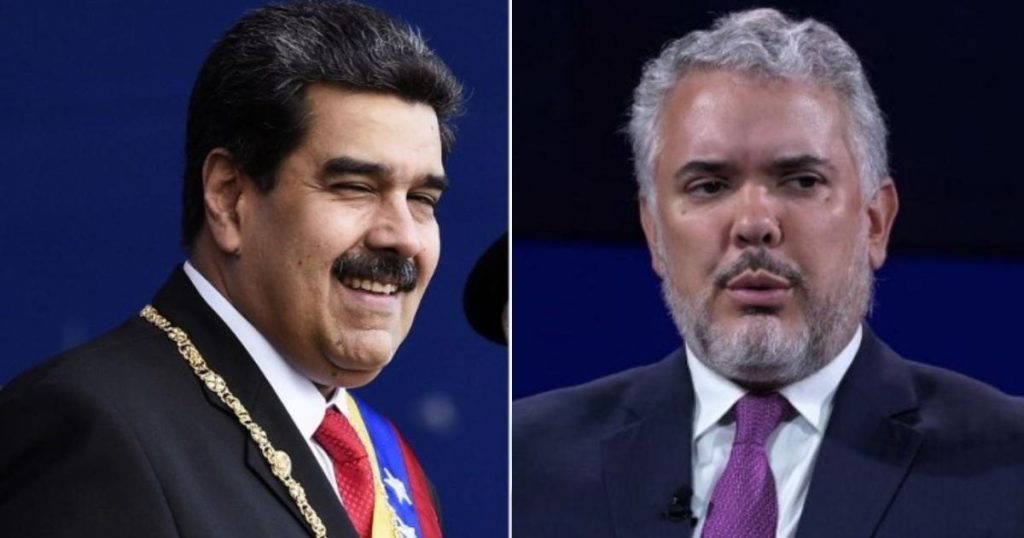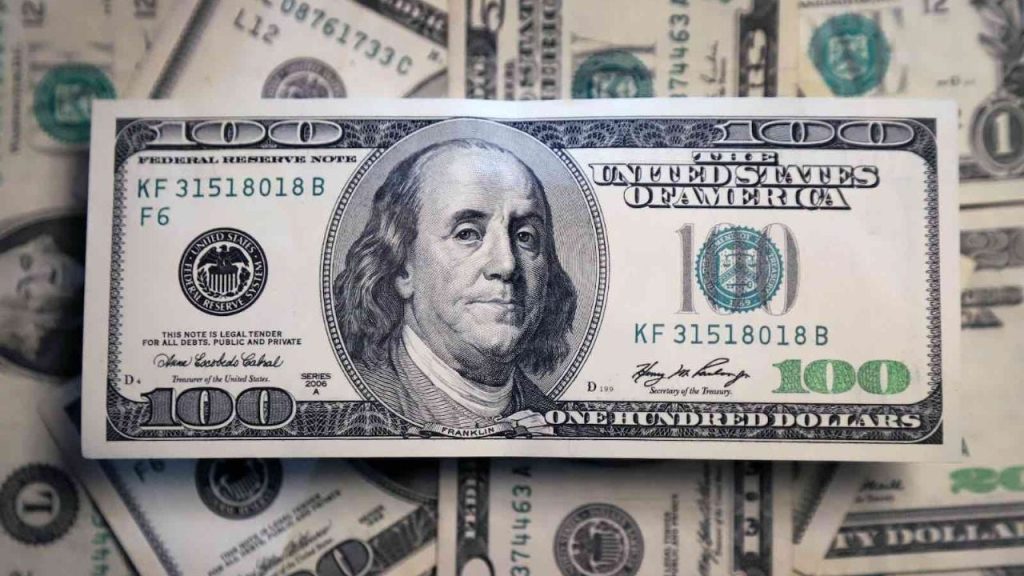Three days before Nicolás Maduro’s inauguration, in Venezuela, the country’s former presidential candidate, Enrique Márquez, from the Centrados party, was arrested, accused of attempting a coup d’état. According to the government, Márquez would be organizing an inauguration parallel to the presidency of the country of opponent Edmundo González from some Venezuelan embassy abroad.
Using one of the politician’s social networks, Enrique Márquez’s wife, Sonia Lugo de Márquez, denounced, on Wednesday (8), her husband’s arrest the day before. “It has been 24 hours since my husband, Enrique Márquez, was kidnapped by paramilitary groups who, using force as law, intend to silence and intimidate those of us who want a better country and have a different vision,” she informed.
Also on Wednesday (8), Venezuela’s Interior Minister, Diosdado Cabello, said that he is accused of organizing a coup d’état and the formation of a parallel government.
“How do you [Edmundo González] If you can’t come here, or don’t want to come here, five criminals will meet at the headquarters of a foreign embassy and there they will swear in Edmundo because he is in Venezuelan territory,” said Cabello, adding that “the person responsible for this is called Enrique Márquez. Part of the coup d’état that they want to carry out in Venezuela. There are no angels here, least among the opponents.”
Before Diosdado’s statement, opposition deputies from the Copei party criticized any attempt to form a parallel administration. “An interim government, past or future, that intends to delegitimize the institutions of the Venezuelan State and attribute administrative quality to the Republic’s assets abroad is unacceptable”, commented the deputy and secretary general of Copei, Juan Carlos Alvarado, on Tuesday. fair (7).
In January 2019, after declaring himself president of Venezuela, deputy Juan Guaidó won the support of part of the international community, which transferred the Venezuelan state’s assets abroad to the politician’s control.
This time, opponent Edmundo González, candidate for president of the country’s main opposition group, the Unitary Platform, accuses the government of rigging the 2024 presidential election, promising to return to the country before Maduro’s inauguration, scheduled for this Friday ( 10). Opposition groups called demonstrations for today (9).
International repercussion
The arrest of former candidate Enrique Márquez had international repercussions. Since the vote that gave Maduro’s reelection on July 28, 2024, he had been denouncing the lack of transparency in the dissemination of electoral results.
Colombian President Gustavo Petro said that this type of detention prevents him from personally participating in Maduro’s inauguration. “Just like our friend Enrique Márquez, a prominent Venezuelan progressive, Carlos Correa, a prominent human rights defender in Venezuela, was arrested. This and other facts prevent my personal presence at Nicolás Maduro’s inauguration ceremony,” he stated on a social network.
Carlos Correa is director of the non-governmental organization (NGO) Espaço Público, from Venezuela, which denounces that Correa was taken by “security officials” in the center of Caracas on Tuesday (7). Still this Thursday (9), the NGO informs that it does not know his whereabouts.
Colombian President Gustavo Petro added, however, that Colombia will not break relations with Venezuela, “nor will it intervene in the internal affairs of that country without being invited. But we ask, based on our own fight for human rights in Colombia, that they are respected by everyone in Venezuela.”
Understand
Venezuela’s opposition and part of the international community, such as the United States and the European Union, as well as international and electoral organizations, have pointed out that the Venezuelan election failed to comply with the country’s rules by not carrying out planned audits and not disclosing the results. data by electoral tableas has always happened.
The acts that contested the electoral result after July 28, 2024 led to dozens of deaths and more than 2,000 prisoners. In recent weeks, Venezuelan justice has released more than 1,500 people detained in demonstrations.
In turn, the Maduro government argues that the elections were ratified by the country’s institutions, both the National Electoral Council (CNE) and the Supreme Court of Justice (TSJ). With this, it has demanded that the opposition respect the court’s decision and that foreign governments do not interfere in Venezuela’s internal issues.















